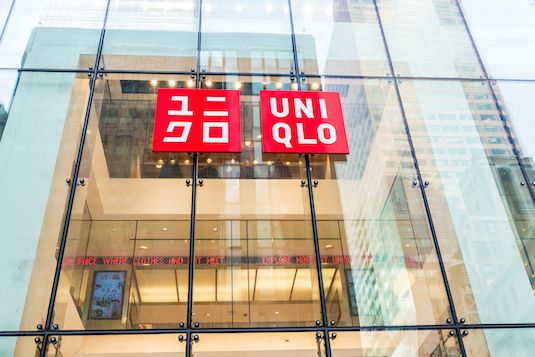Uniqlo puts T-shirt handling robot to work in its factory
Focused on replacing all of its workers with robots, Japanese clothing maker Uniqlo had one block — the ability to handle soft objects, like T-shirts. That's an issue no longer thanks to a new two-armed robot that can gently pick up cotton T-shirts and place them shipping boxes to be mailed.
The robot is courtesy of Yaskawa Electric, reports the Financial Times, made with help from robotics company Mujin. And what this one can do is fairly unique in its ability to handle something soft and malleable like a piece of clothing.
Robots at work
Robots, though, are able to handle some unique tasks as the mechanics around how they operate and move improves. Developing robots that mirror the animal kingdom, and their unique features, has been a focus of researchers for years. Robots are now able to mimic and move like animals, whether that's crawling like a spider, jump like a cheetah or slither along the ground like a snake.
Robots are also working their way into other sectors, including hospitality. Airliner KLM Royal Dutch Airlines built robot Care-E, to help carry travelers luggage to their gate. At Incheon International Airport in Seoul, South Korea, robots offered directions to the baggage claim area or where people can check in for flights. And in Pasadena, California, burger chain CaliBurger put a robot to work flipping hamburgers right where hungry patrons could see it in action.
These gigs for robots, though, are rare and not what big companies are eyeing when imaging putting automated machines into play. While a robot that cooks a hamburger is fun for customers to see — and a lure to get patrons into the restaurant — big corporations are looking at using machines to save them money, and handle tasks quickly, while also maintaining their business.
Uniqlo's needs
Uniqlo is owned by Fast Retailing, a Japanese retail company that also owns popular fashion brands including Theory and Comptoir des Cotonniers. The firm has been concerned about finding enough workers for its factories, citing a shortage of available people for the jobs. That's led Fast Retailing on a mission to replace its entire staff at its Tokyo warehouse with robots.
Certainly picking up an item, something already in a box, and putting it in a shipping container is doable for one armed robotic machines. But the ability to handle something that soft, without hard edges, is something more difficult for machines to handle.
Now with the latest invention, however, Uniqlo can potentially operating a factory without a human worker involved — a goal it wants to achieve.
